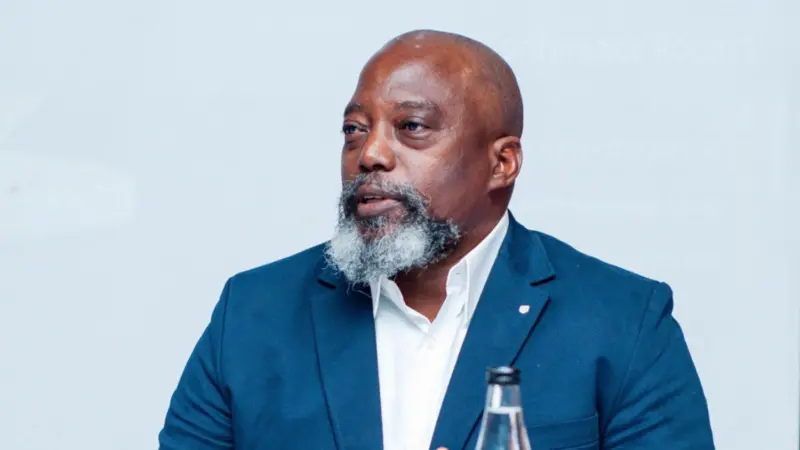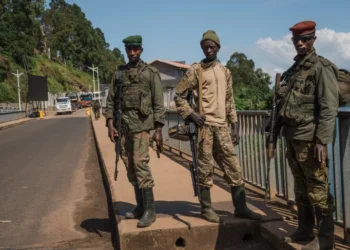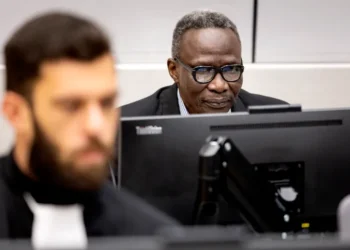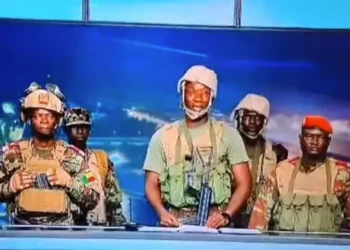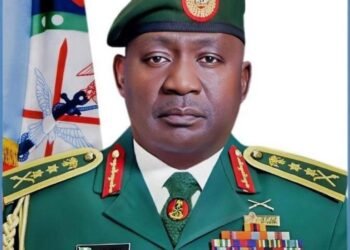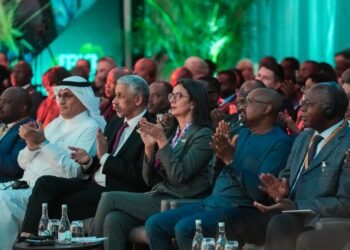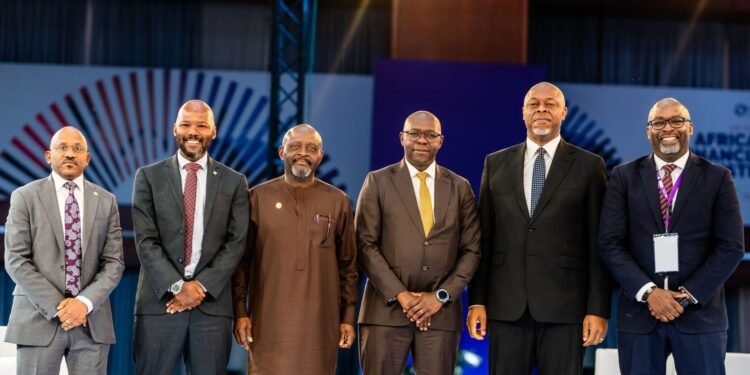Former Congolese President Joseph Kabila has resurfaced in Goma, igniting a political firestorm over his intentions and affiliations in a region gripped by armed conflict.
After three days of behind-closed-doors meetings with aides and associates, his unannounced appearance has fueled allegations from the government that he is aligning with the Congo River Alliance/March 23 Movement (AFC-M23) rebel coalition.
Government spokesperson Patrick Muyaya did not mince words during a state television broadcast on Tuesday, accusing Kabila of “positioning himself as the rebel leader” alongside Rwandan President Paul Kagame. “We must tell our compatriots who are in Goma or who are in other parts of the country under occupation the message: get ready, we are going to war,” he declared.
Despite these serious allegations, Kabila has remained silent, offering neither confirmation nor denial. He has not made any public statements or posted images since arriving in the eastern city. However, Corneille Nangaa, leader of the AFC-M23 rebel coalition, confirmed Kabila’s presence via social media, while local sources disclosed that the former president arrived in Goma on Sunday evening.
His long-time ally, Kikaya Bin Karubi, a former ambassador and minister, defended Kabila’s move, claiming he is there solely to begin consultations. “He is ready to work with anyone who passionately loves [Democratic Republic of Congo, DRC],” said Bin Karubi. He added that if the AFC-M23 shared this passion, “why not speak to them?”
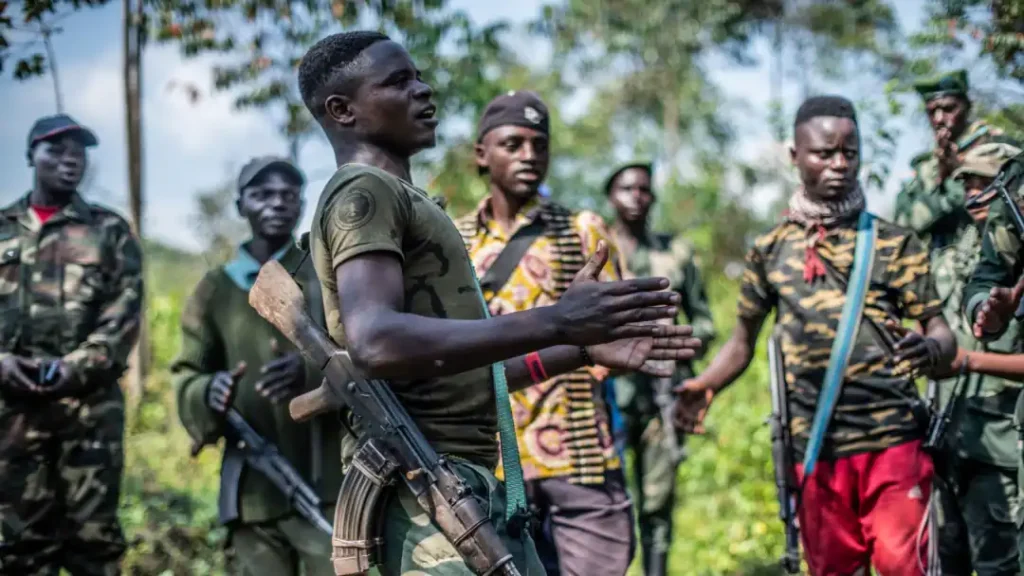
Senate Strips Kabila’s Immunity
What has made the timing even more contentious is the Senate’s recent decision to lift Kabila’s immunity as a former president. He now faces possible prosecution for treason, inciting insurrection, and other serious charges — an unprecedented development in Congolese politics.
As news of his consultations emerged, sources told Reuters that Kabila would begin meeting with local citizens on Wednesday. His supporters are adamant that he is not in Goma to lead the rebel coalition, which seized the city back in January, marking its most expansive territorial gain to date.
Critics within the government have expressed concern that Kabila’s presence could worsen the already tense security situation in the mineral-rich eastern region. Julien Paluku, former North Kivu governor and ex-minister of foreign trade, said Kabila “should not have ended up in Goma” and alleged that he had long been “subjected to Rwandan pressure” during his presidency.
While Kabila has publicly denied any link to the M23, the government views his visit as a destabilizing force in an already volatile environment. The M23 group, widely believed by the United Nations and Western governments to be backed by Rwanda, has been locked in fierce fighting with the Congolese army. Rwanda, however, denies supporting M23, insisting its involvement is a response to security threats posed by a militia formed by perpetrators of the 1994 genocide.
US Eyes On Mineral-Rich Conflict Zone
Kabila’s return could also jeopardize the United States’ ongoing efforts to broker peace in the region. The Trump administration is keenly interested in the eastern DRC’s mineral wealth and supports diplomatic moves to contain the rebellion.
Kabila, who assumed power in 2001 after his father’s assassination, held on to office through the contentious 2018 election and remained politically influential through a power-sharing arrangement with President Félix Tshisekedi. He eventually stepped down in January 2019, after months of internal pressure and public protests.
Since late 2023, Kabila has lived mostly in South Africa, away from the political spotlight. But with his sudden reappearance in Goma, new questions are being raised about his political ambitions, allegiances, and the broader implications for peace in the troubled region.
Bin Karubi said the motivations behind M23’s current insurgency differ from their earlier uprising in 2012. “Today, the M23 is allied with Mr. Tshisekedi’s government,” he claimed, further muddying the waters around who supports whom in this complex conflict.
As consultations proceed behind closed doors and accusations swirl, the DRC faces a period of renewed uncertainty — one that may have far-reaching consequences both at home and abroad.

